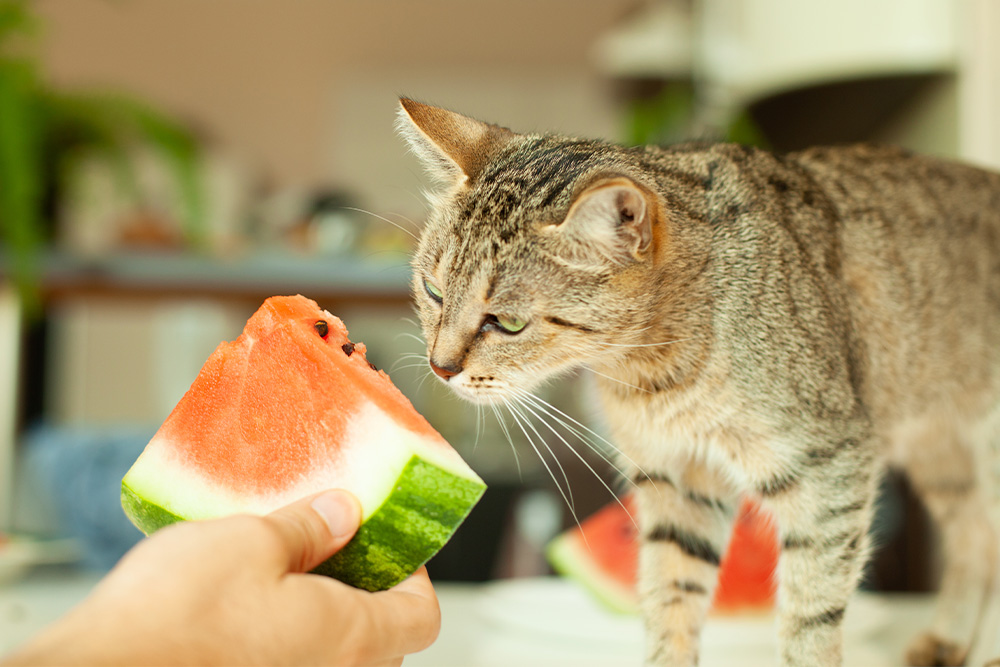Can Cats Eat Blueberries?
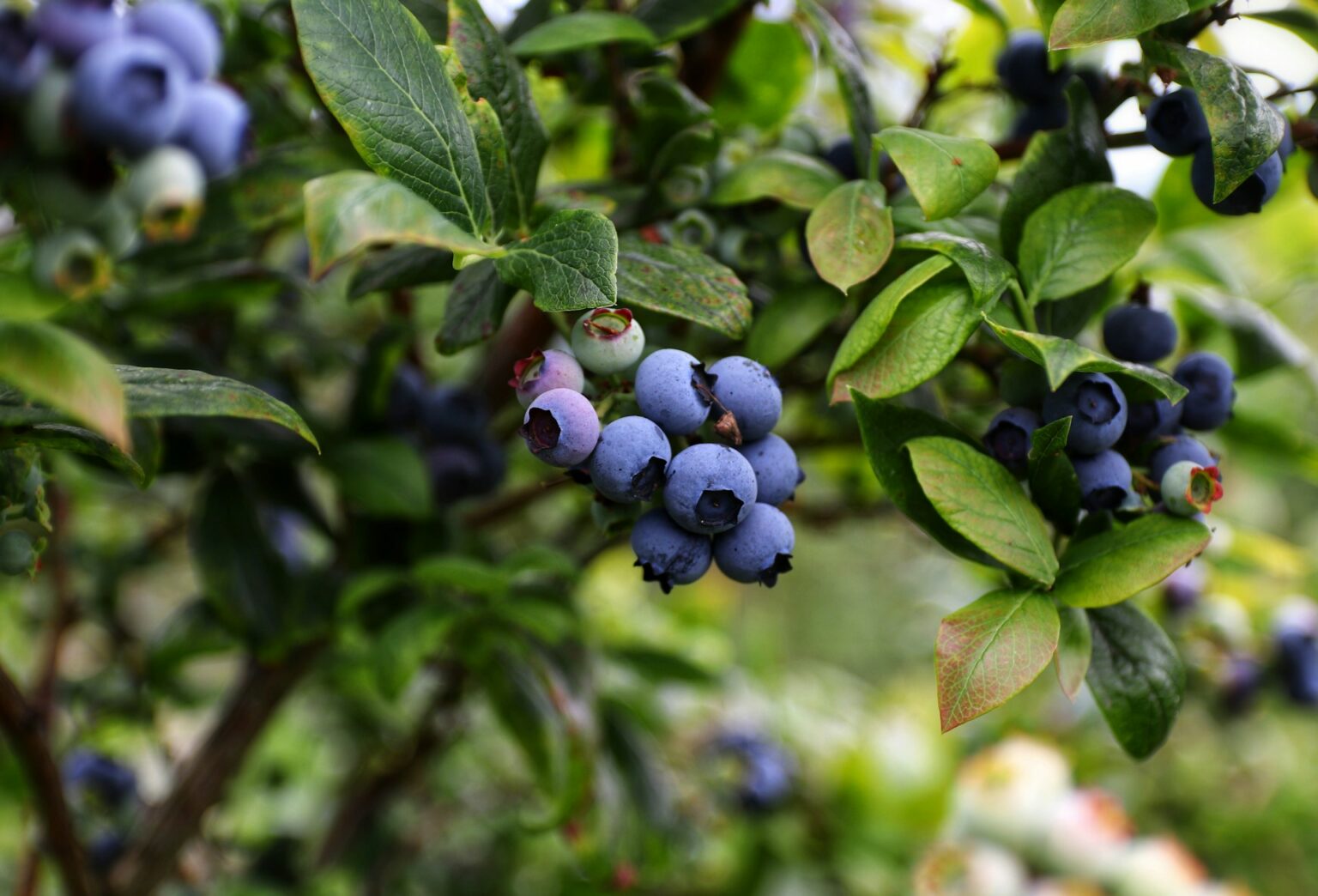
Domestic cats are mammals that eat meat. The evolution of a carnivorous history has given cats unique nutritional needs. Cats need a higher amount of protein than dogs. Taurine, vitamin A, and other components are also required in the diet. This is why a cat’s diet must contain the necessary elements, mainly meat products. But cats, too, can be keen on plant products sometimes. They often do it for fun, but eating some plants in small quantities is also good for their health. Will blueberries be a healthy snack that your cat should eat? Let’s discover whether it is safe food for them.
Are Blueberries Safe For Cats?
Cat owners must ensure that their felines do not eat plants that are toxic to them. This means that different kinds of fruits that we keep at home or grow in the garden can be a source of potential poisoning. Are blueberries poisonous to animals in any way?
Experts seem to agree that blueberries are safe for cats. These fruits do not contain any harmful ingredients that are dangerous to your cat. As a result, cats can eat blueberries. In small quantities, this food does not pose a high risk. However, we still advise you to be cautious. Before letting your cat chow down on blueberries, here are a few details you should be aware of.
How to Feed a Cat Blueberries?
So, what must you keep in mind if you let your kitty devour some blueberries? First of all, be moderate. Felines are obligate carnivores, meaning their diet must be based on meat goods. If a cat eats too many plant products, it will leave no place for more nutritious food. That can result in shortages.
Also, your cat may become sick if they eat a lot of blueberries. That is because, with the way cats are wired up, their bodies are just not as well adaptive to plant-based foods, which means that they best process meat. In fact, blueberries have fiber that, in large amounts, can result in diarrhea and different abdominal issues.
Wash the blueberries well and discard the remainder of the plant before giving them to your cat. Cut any large blueberries; they can be a choking hazard. Another very important point is allergies. So, watch your cat’s response to the food. If your cat shows unusual behavior after eating the fruit (excessive scratching, breathing problems, or vomiting), this is related to intolerance to the product.
Due to their high sugar levels, blueberries should not be a large part of your cat’s diet either. Because it soothes our sweetness, humans get attracted to the fruit. This taste sensation is irrelevant to cats, who cannot taste sweetness. Excess sugar may be harmful to cats as well. So, blueberries should not be given to diabetic cats.
Are Blueberries Healthy For Cats?
Humans find blueberries to be a very nutrient-rich food source. We all know that fruits are healthy and should be consumed regularly. But what about cats? These are certain types of animals that have varied thrusts. So, in short, cats are not supposed to eat blueberries at all. Since cats cannot digest plant-based products correctly, they will not get all the nutrients. This does not, however, mean blueberries are without any beneficial effect when cats eat them.
Blueberries are, among other things, juicy fruits with high water content. So, they serve as a decent snack for cats, ensuring hydration. Experts also highlight the high antioxidant content of blueberries. Studies have not been done on cats, but dogs have been shown to benefit from blueberries. The reason is that this antioxidant acts to prevent various diseases. So we can expect these fruits to have the same result as cats.
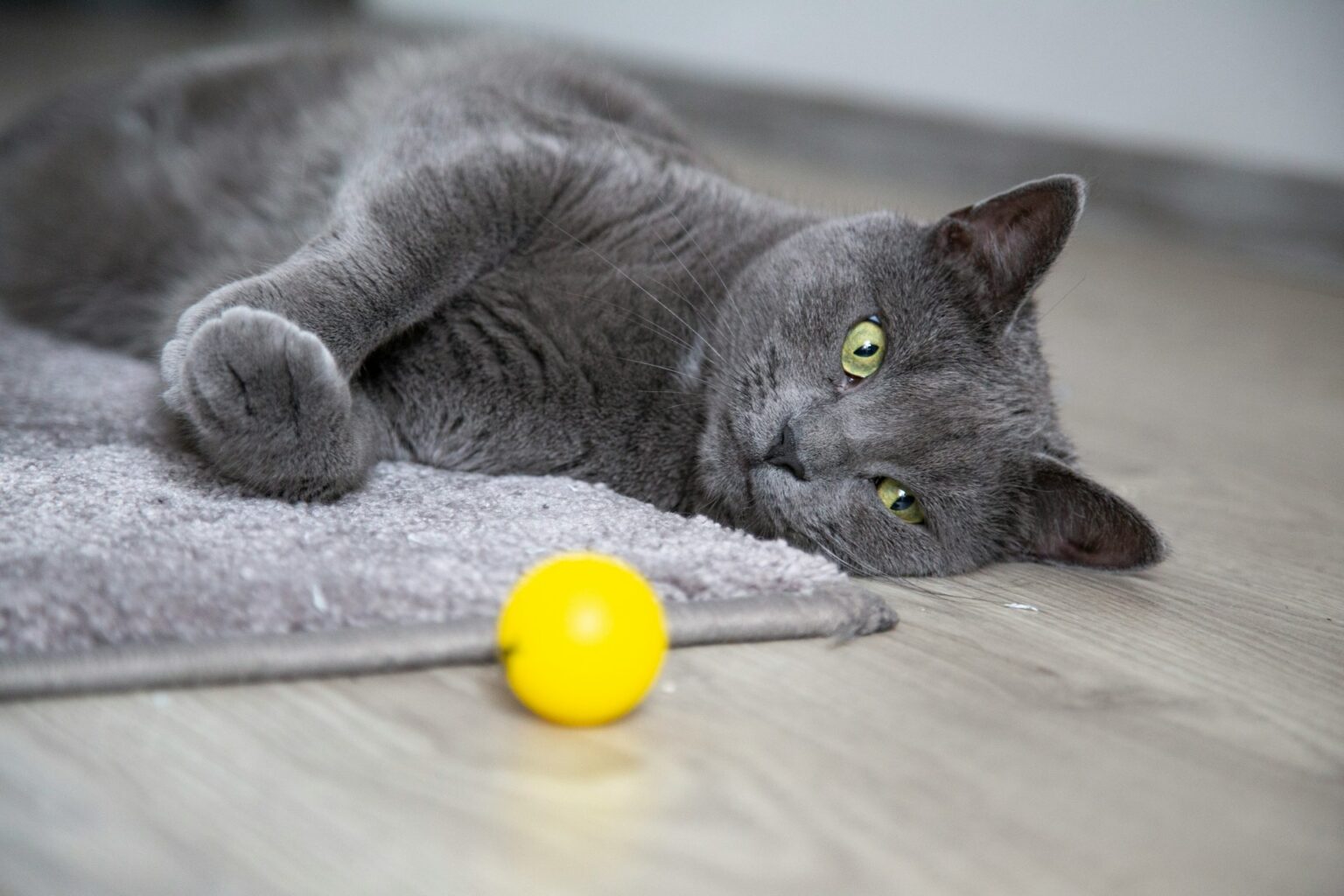
Summary
Cats will play with blueberries, rolling them on the ground and batting at them. This type of playing can result in the cat eating the blueberry. But don’t worry; these fruits are not harmful to your pet. Blueberries are safe for cats in moderation. If you remain unsure, ask your vet for help.
Sources
- Kim Gugler, Christopher Piscitelli, Jeffrey Dennis (2013). Hidden dangers in the kitchen: common foods toxic to dogs and cats.
https://pubmed.ncbi.nlm.nih.gov/23677840/ - Kriya L. Dunlap, Arleigh J. Reynolds, Lawrence K. Duffy (2006). Total antioxidant power in sled dogs supplemented with blueberries and the comparison of blood parameters associated with exercise.
https://pubmed.ncbi.nlm.nih.gov/16520073/
